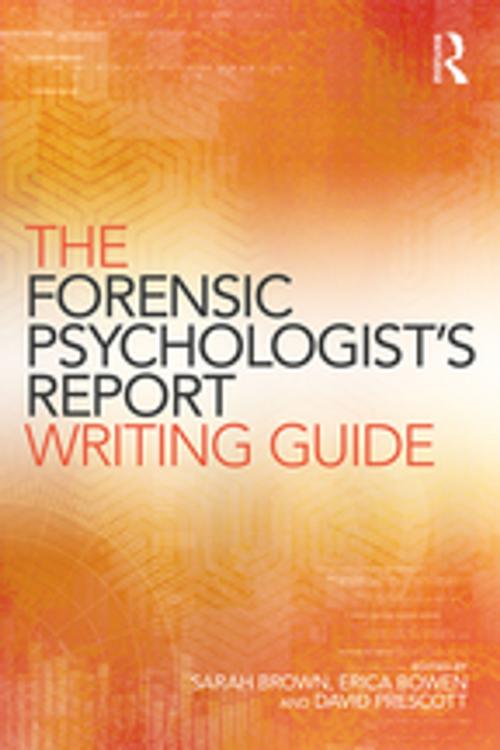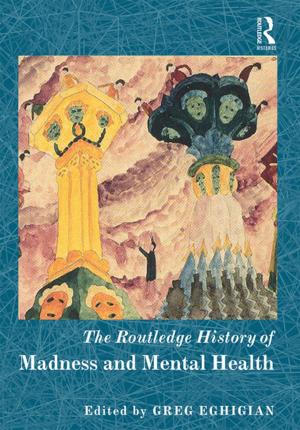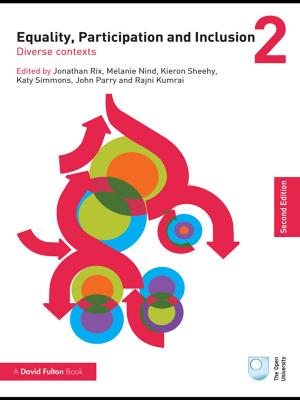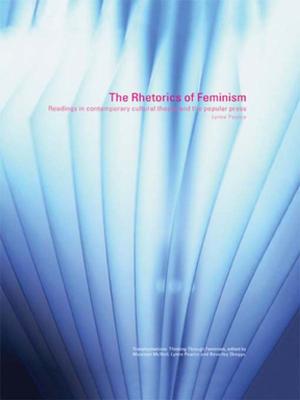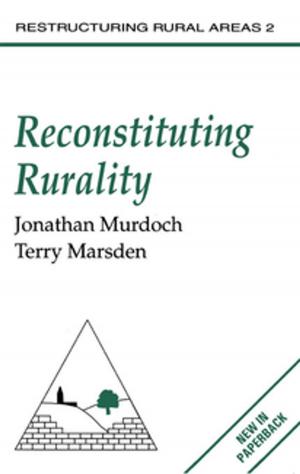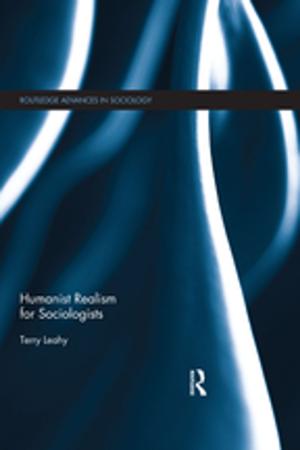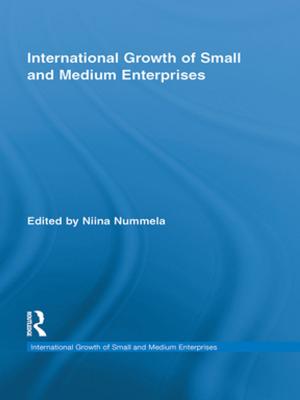The Forensic Psychologist's Report Writing Guide
Nonfiction, Health & Well Being, Psychology, Applied Psychology| Author: | ISBN: | 9781317554127 | |
| Publisher: | Taylor and Francis | Publication: | May 8, 2017 |
| Imprint: | Routledge | Language: | English |
| Author: | |
| ISBN: | 9781317554127 |
| Publisher: | Taylor and Francis |
| Publication: | May 8, 2017 |
| Imprint: | Routledge |
| Language: | English |
The Forensic Psychologist’s Reporting Writing Guide is the first book to provide both student trainees and practitioners with best practice guidance for one of the core skills of their role.
Written and edited by an international range of experts from the UK, North America and Australasia, it provides clear advice on a range of assessments, from psychometric tests to personality functioning, and includes real-life examples to illustrate key points. Uniquely, the book also offers guidance on the range of different client groups that forensic psychologists work with across both civil and legal contexts, including juveniles, female clients, couples and those with cognitive impairments. From core principles to writing style to key issues, each chapter also includes a checklist of advice and further reading.
Comprehensive and practical, The Forensic Psychologist’s Reporting Writing Guide is a user-friendly companion to this critical and often overlooked skill, and will be essential reading for both neophyte and experienced forensic psychologists alike.
The Forensic Psychologist’s Reporting Writing Guide is the first book to provide both student trainees and practitioners with best practice guidance for one of the core skills of their role.
Written and edited by an international range of experts from the UK, North America and Australasia, it provides clear advice on a range of assessments, from psychometric tests to personality functioning, and includes real-life examples to illustrate key points. Uniquely, the book also offers guidance on the range of different client groups that forensic psychologists work with across both civil and legal contexts, including juveniles, female clients, couples and those with cognitive impairments. From core principles to writing style to key issues, each chapter also includes a checklist of advice and further reading.
Comprehensive and practical, The Forensic Psychologist’s Reporting Writing Guide is a user-friendly companion to this critical and often overlooked skill, and will be essential reading for both neophyte and experienced forensic psychologists alike.
